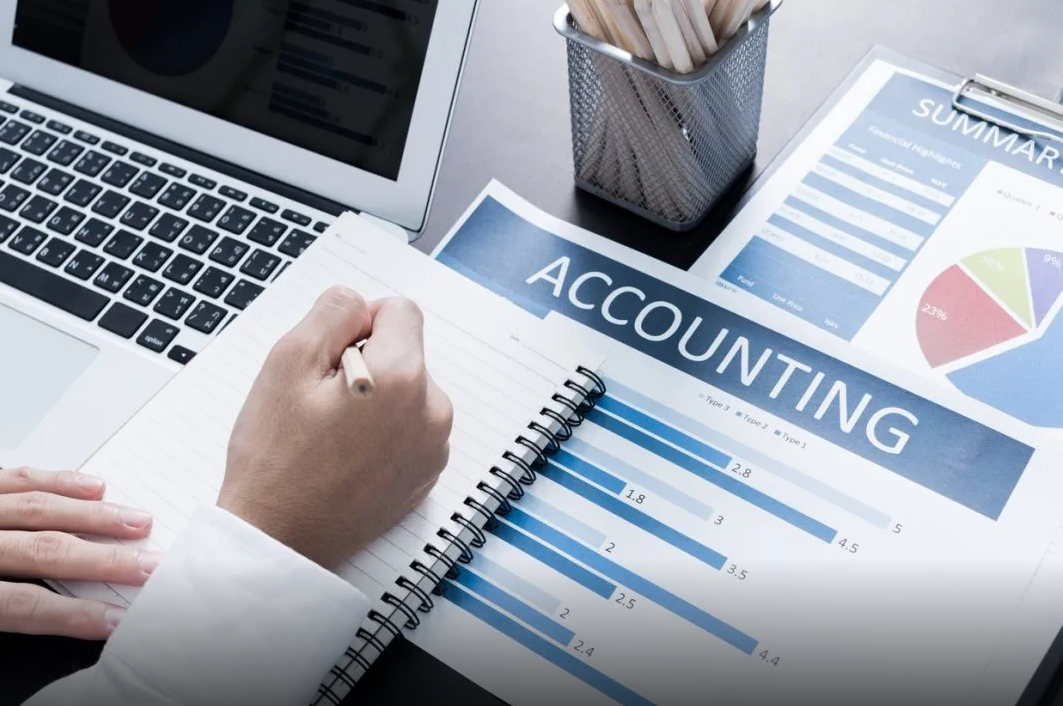If you've concluded that employing a CPA is the best option for you, the next step is to find one. Because a CPA will have access to a great deal of sensitive financial information, you want to be sure you pick the correct person.
Follow these steps to choose the best CPA for you.
1. Create a List of Potential CPAs
As with other service providers, asking for referrals is a wonderful approach to finding a CPA. Check with your friends, family, business acquaintances, coworkers, attorney, or lender. You'll know you're working with an experienced CPA with a good reputation this way.
If asking around for recommendations fails, contact your state board of accountancy or state CPA association. Many of these organizations have online member directories or will provide a list of specialists in your region if you inquire.
Don't just take the first name that comes up. You want to create a short list of potential specialists from which to choose.
2. Consider Your Needs
CPA firms exist in many forms and sizes, from solitary practitioners working from their homes to large accounting organizations employing hundreds of people.
Which size firm you employ will be determined by your objectives, needs, and budget. A small firm or a self-employed CPA may be the best option if you just need your tax return completed once a year.
If, on the other hand, you have a developing business that requires year-round assistance, a major accounting firm with a dedicated team at your disposal may be a better option. Keep in mind that larger firms typically charge more rates than smaller CPA firms.
3. Look for the Right Expertise
CPAs typically focus on specific niches or specialties, such as small-business owners, high-net-worth people, or customers in specific industries.
Some CPAs specialize solely in auditing financial statements, while others specialize in tax compliance, wealth management, or estate planning. You should look for a CPA who has experience in the field in which you require assistance.
If you need assistance with business tax strategies, you should not choose someone who specializes in individual tax returns. A CPA's approach to preparing an individual's tax return differs significantly from their approach to business tax planning.
How do you determine whether a given CPA has the necessary experience? The best way is to inquire. Make a short phone call or write an email to confirm they provide the services you require.
4. Interview Prospective CPAs
When you've limited your selection down to a few candidates, request an in-person appointment. Just keep in mind that if you wish to arrange an appointment during their busiest season — usually February to April 15 — it may be tough to locate someone who has time to meet with you.
When you schedule the meeting, ask the CPA if you should bring anything with you. Bring a copy of your most recent tax return or financial statements with you so they can better understand your needs.
Bring questions about how long they've been practicing and whether they're available for questions all year or only during tax season.
When interviewing a partner at a large firm, inquire about who will prepare your tax return or financial statements. In larger firms, more senior CPAs frequently delegate day-to-day work to less experienced associates.
That's acceptable if an experienced CPA firm is checking their work and keeping expenses low, but it's important to know who will be managing your case.
5. Ask About Costs
During the interview, inquire about how the CPA bills for their services. Some charge a flat cost, while others charge by the hour. Either technique is okay, but you must be aware of the time every time you phone with a query.
The CPA should be able to give you an indication of what they would charge you throughout the interview. Avoid anyone who can't offer you a ballpark amount, as this usually means you'll pay a huge bill later.
Similarly, be wary of anyone who promises a large tax refund before reviewing your documents, or who demands a fee based on a portion of your refund. According to the IRS, these are indicators of a dishonest tax preparer.
6. Consider Chemistry
When selecting a CPA, price isn't the only factor to consider. Hopefully, the individual you choose will work with you for many years and you will communicate on a regular basis. As a result, make certain that the CPA you employ is someone you love dealing with.
You don't have to be best friends, but you should feel comfortable asking questions and receiving assistance from them when necessary.
It will be tough to establish a healthy working relationship if you do not feel good after speaking with someone. Continue with the next person on your list.






Comments